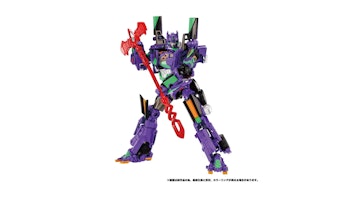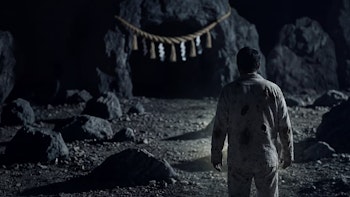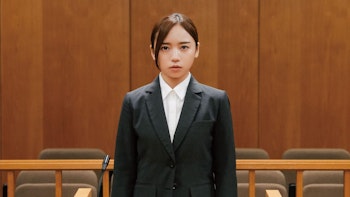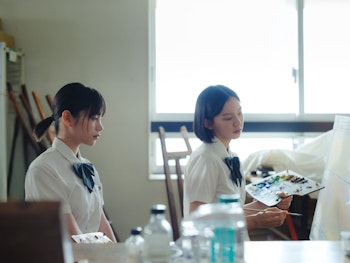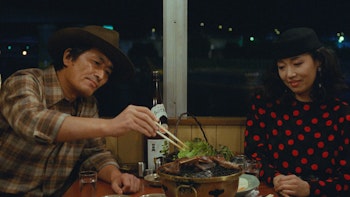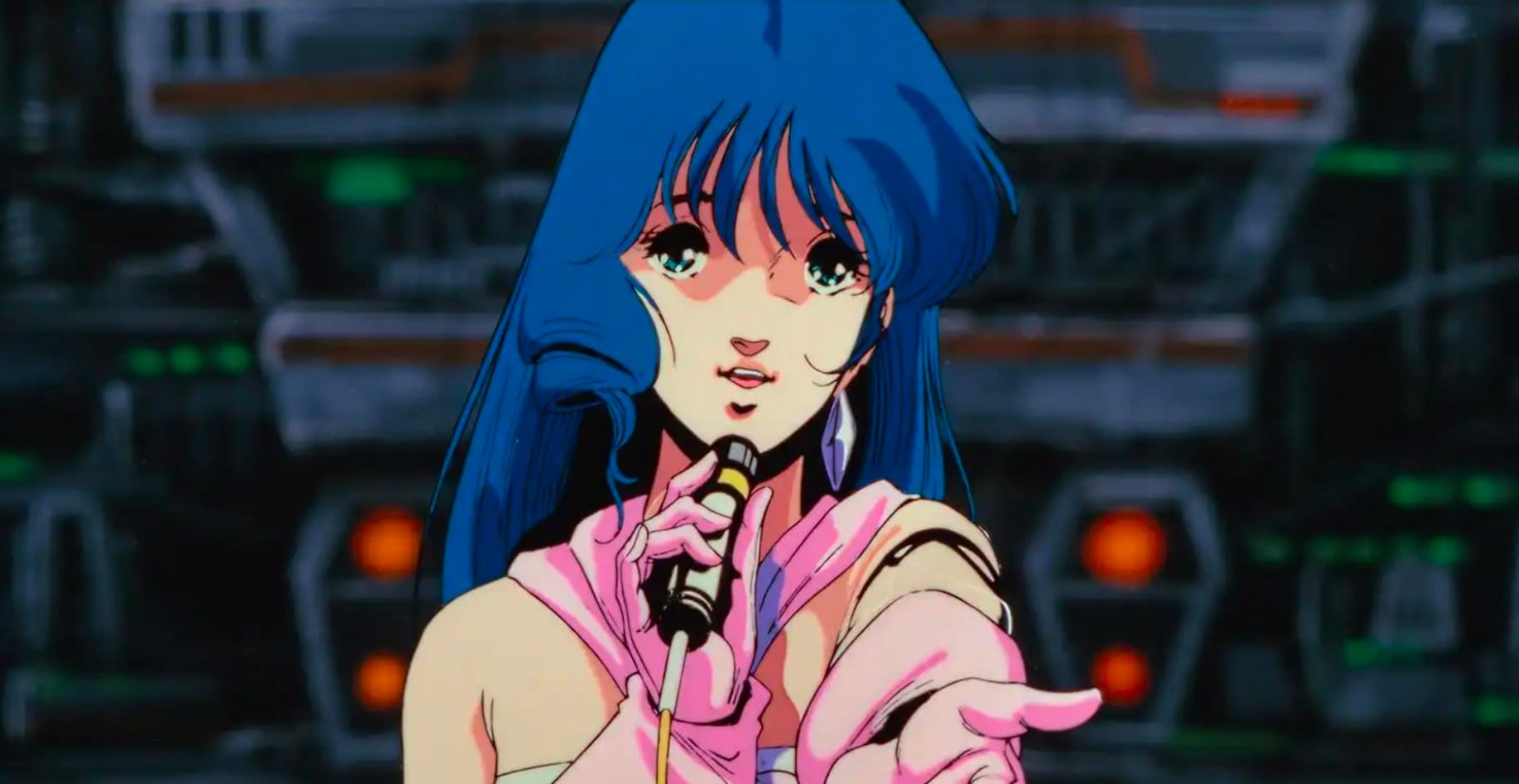
The reason the Macross franchise has endured for over forty years, constantly reinventing itself with every new iteration, is because of its core evangelism for its central unifying idea: in times of strife, music has the power to bring us together. Because as a group of people flee in a city on a spaceship, this unfiltered beauty and love shared via words and sound, at a time any moment could be the end, can remind alien species about what it means to connect with another living being after almost forgetting it entirely, and maybe put an end to the fighting.
Even within a franchise whose reputation precedes any introduction to these themes, Macross: Do You Remember Love is the defining story of this long-running series whose powerful embodiment of these themes allows its message to reach beyond fans both then and now, inspiring many while leaving behind a legacy that has touched much of the anime industry in the following decades. A self-contained film that in some ways compiles the story of the original series entirely remade with new animation and in others is a fictionalized retelling of the legend that series told while embodying its ideals in a way that allows them to truly soar.
The original Macross TV anime was beloved even upon its initial release in 1982, coming out firmly within a boom for mecha series that took on more existential themes that concurred with the growth of the Mobile Suit Gundam franchise via movie compilations and TV series continuations alongside other genre hits such as Space Runway Ideon. Such success made a continuation of the franchise a near-inevitability, with the film being greenlit soon after and commanding one of the largest budgets in anime production history of the time. Even as the series took a notable hit in quality towards the ends of its run as a result of outsourcing, excitement for the film remained high with the likes of franchise creator Shoji Kawamori, Kazutaka Miyatake and Haruhiko Mikimoto each returning to the production.
Despite ostensibly retelling the story of the original, this was in many ways a chance for the team to take lessons learned in pacing and production on the original series to update designs and aspects of the story to tell a definitive version of this story using the extra resources at their disposal. Not only do the cityscapes within the space fortress feel much larger with musical moments and mecha fights with hundreds of missiles being launched feeling grander in scale than before, changes were made to ensure the heart of the series remained even without the time for exposition provided in a larger series. Zentradi forces are given a new language that, even though it is translated for audiences to understand, is used to create distinction between the sides of the conflict and make the gap between these sides appear larger, like the connection that was once possible has been lost.
In turn, when the fighting is over, it feels more distinct and important, symbolic and powerful.
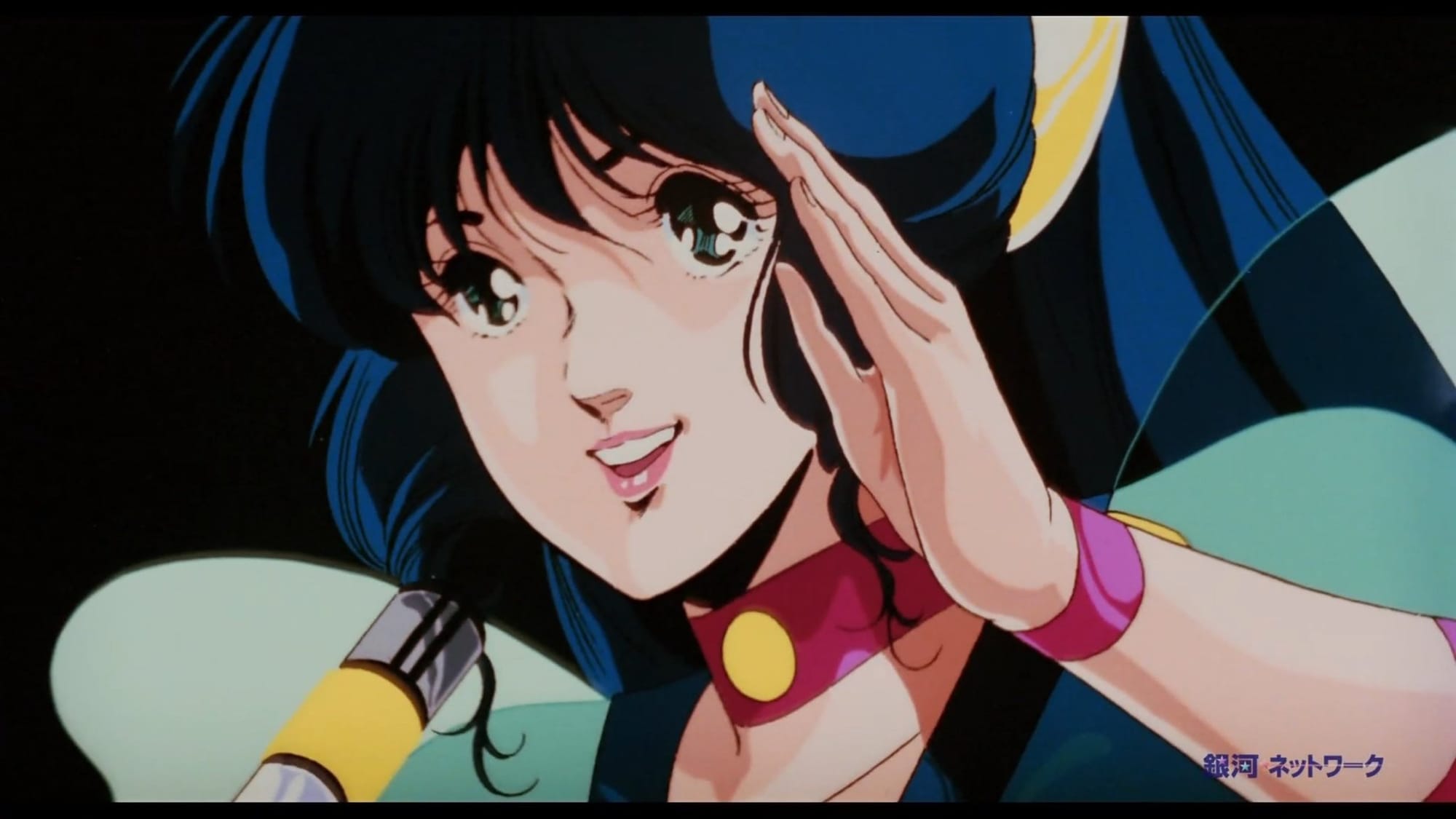
It’s even more notable when you consider who the Zentradi are: these aren’t merely a divergent group, they’ve been fighting an endless war for so long that the reasons for conflict are barely remembered and hardly matter. At this point, they’re born to fight, a war species without a purpose beyond conflict. This is to the point that, in another change, their leader is cybernetically fused to their Fortress. Life, protecting home, and conflict, are one and the same. To end that would take something special.
Like music. Hikaru, the fighter pilot at the center of our story, is one of those defending the Macross. The two people he’s closest with are his lieutenant, and the pop star Lynn Minmay, the superstar of the Macross and the uniting force for those trying to survive on the ship. More than that though, she’s a reminder of what comes after, life beyond fighting and a hope for something better. Concerts are an escape, entertainment is a culture that enriches those who live there. And the complete opposite of the Zentradi way of life, who haven’t been allowed to experience anything such as this before.
For all the incredible machines and space battles that remain some of the most well-realized such fights in the medium even now are impressive to behold, this is, at its heart, a love story. Love for those around us who give life meaning and a reason to fight, as well as love for music and art and how it can paint a canvas that understands the human spirit better than words could ever capture. When those in conflict learn of what life could be after the fighting is over, eyes are opened and dissent funnels through the ranks. The movie’s defining song, "Do You Remember Love", is performed by Mari Iijima as Lynn Minmay during the final conflict not just for an arresting backing track to the conflict on screen, but as the emotional core of why these people are fighting, and why this must be the fight that brings their long struggles to an end.
To love is to be alive. That is what Macross but particularly this film is all about. We return to this story, again and again, to answer one simple question.
To mark the upcoming 4K remastered Blu-ray release of the film Macross: Do You Remember Love is returning to Japanese cinemas to ask the question once again to anyone who enters that darkened screen. As the lights dim and that song starts up as the fighting reaches its crescendo, there are few moments within the medium of animation as awe-inducing as that.
Do you remember love?

